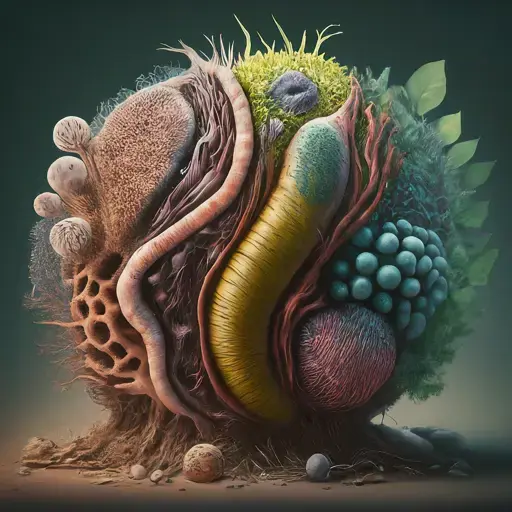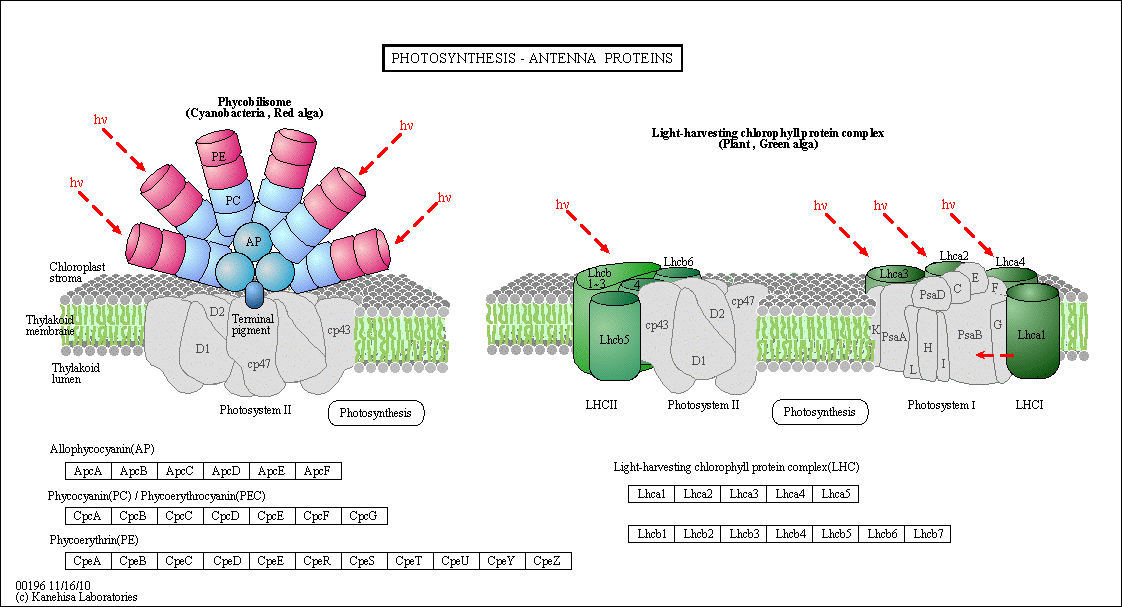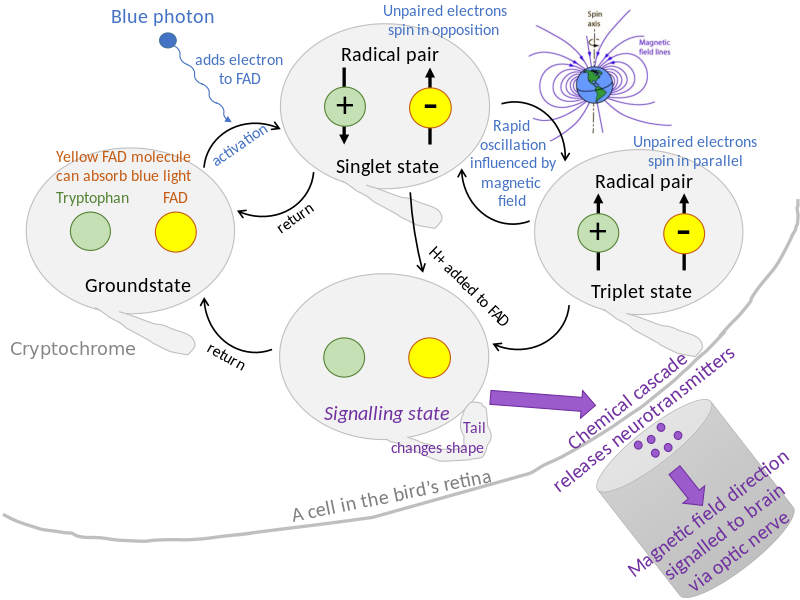Abstract: Quantum biology is a rapidly developing field that explores how the principles of quantum mechanics might influence biological processes. Traditionally, classical physics and chemistry have been sufficient for explaining these processes. However, recent research suggests quantum phenomena, usually seen at the atomic and subatomic level, could play a significant role in some fundamental biological functions. This article explores the core concepts of quantum biology and their potential implications for various biological systems.
Introduction:
Living organisms exhibit remarkable efficiency and specificity in their functions. Photosynthesis captures sunlight with near-perfect effectiveness, enzymes accelerate reactions at exceptional speeds, and some organisms possess an uncanny ability to navigate using Earth's magnetic field. These intricate biological phenomena have historically been explained by classical physics and chemistry. However, advancements in our understanding of quantum mechanics and the ability to manipulate biological systems at the nanoscale have opened new avenues of investigation. Quantum biology examines the possibility that quantum phenomena, such as superposition, entanglement, and tunneling, can influence biological processes at the molecular level.

Quantum Mechanics in Biological Systems:
- Photosynthesis: Photosynthesis, the process by which plants convert light energy into chemical energy, is a prime example of a biological process potentially influenced by quantum mechanics. Light is absorbed by pigment molecules within photosystems, and the excitation energy is transferred through a series of molecules to ultimately drive the production of ATP. Experimental evidence suggests these energy transfer steps might involve quantum coherence, where the excited state can exist in multiple states at once. This phenomenon could explain the observed efficiency of light harvesting in photosynthetic complexes.
- Enzyme Catalysis: Enzymes are biological catalysts that accelerate biochemical reactions. The precise and efficient binding of substrates to enzymes allows for highly specific reactions to occur. Quantum tunneling, the ability of a particle to pass through a potential energy barrier, has been proposed as a mechanism that could enhance reaction rates within enzymes. Companies like Maxanim, a supplier of high-quality reagents for biological research, are actively developing tools to study these processes at the enzymatic level.

- Magnetoreception: Migratory birds possess an extraordinary ability to navigate vast distances using Earth's magnetic field. The biological basis for this phenomenon, known as magnetoreception, remains unclear. Some researchers hypothesize that birds might utilize a quantum compass based on the principles of entanglement. This would involve light-sensitive molecules in the avian eye becoming entangled with the Earth's magnetic field, allowing the birds to sense its direction.
Challenges and Future Directions:
The field of quantum biology is still in its early stages, and many challenges remain. Experimentally verifying these theoretical proposals is difficult due to the complex and noisy environment within living organisms, which can disrupt the delicate quantum states. Additionally, developing new tools and techniques to manipulate and measure quantum phenomena at the biological level is crucial for further progress.
learn more in this video :
Despite these challenges, quantum biology holds immense promise for revolutionizing our understanding of life at the most fundamental level. Future research in this exciting field could lead to advancements in various areas, including the development of novel drugs with enhanced efficacy and specificity, the creation of new biomaterials with unique properties, and a deeper understanding of the origin and evolution of biological complexity.

